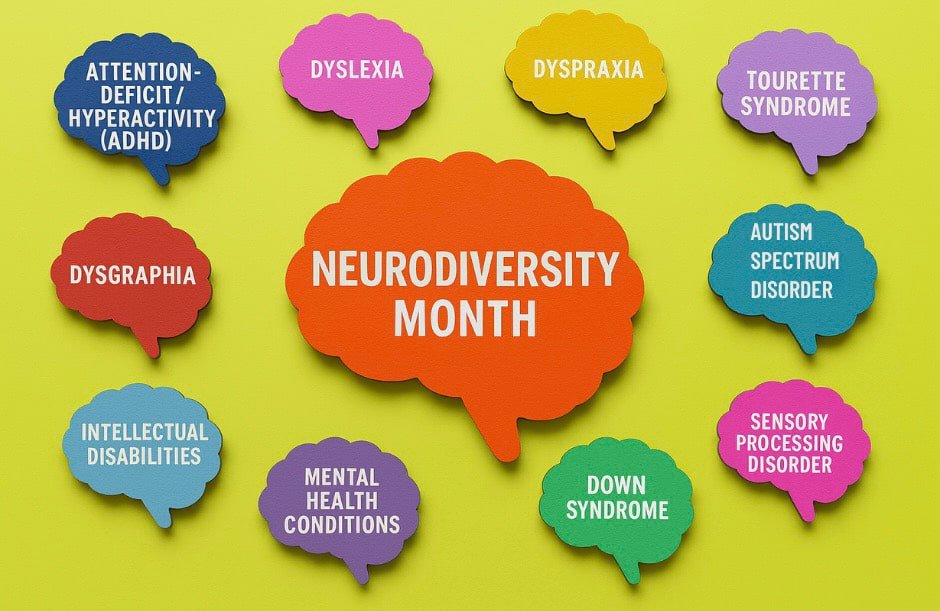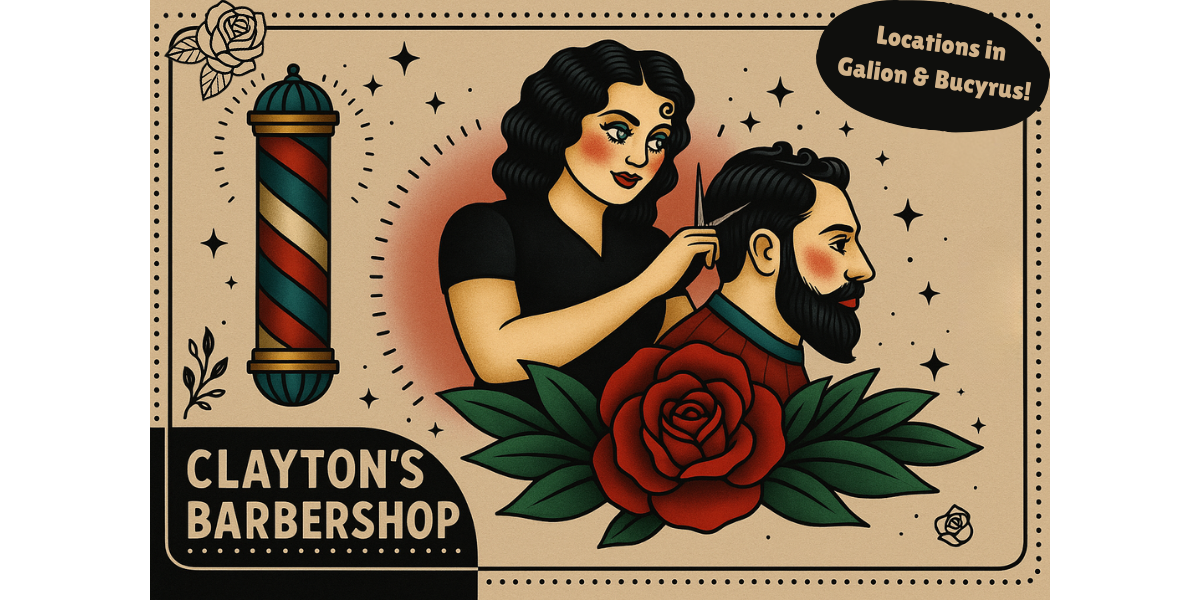
By April Rodgers Content Coordinator/FreeWire Magazine
April is Neurodiversity Celebration Month, a time to raise awareness about the incredible variety of neurological conditions that make us unique. Yet, many people still don’t fully understand the term “neurodiversity” and what it truly encompasses.
According to the dictionary, neurodiversity is the range of differences in individual brain function and behavioral traits. In other words, it’s the variety of ways our brains work, learn, and interact with the world.
Without these differences, we would all be the same—and let’s be honest, how boring would that be?
People with Autism Spectrum Disorder (ASD), Attention-Deficit/Hyperactivity Disorder (ADHD), dyslexia, dyspraxia, Tourette Syndrome, and OCD, to name just a few, fall under the umbrella of neurodivergence. These individuals may express themselves or experience the world differently, but that doesn’t make them any less important.
Some are loud and energetic. Some have tics that may seem out of place. Others may struggle with sensory overload or have trouble processing emotions, resulting in meltdowns. But rather than offer compassion or support, how often do we see others staring, making judgmental comments, or offering unsolicited advice?
It’s not uncommon to witness a child with neurodivergence having a meltdown in public, only for bystanders to stare or pass harsh judgment. The whispered comments—“That kid needs a good spanking” or “My parents spanked me, and I turned out fine”—are a painful reminder that compassion is often in short supply. But here’s the truth: you can’t spank the neurodivergence away. You can’t punish a neurological condition into submission.
That mindset—often passed down from older generations—comes from a time when mental health wasn’t talked about and differences were seen as disobedience. But we know better now. A meltdown isn’t a tantrum, it’s a neurological response to overwhelm. A tic isn’t a choice, it’s an uncontrollable symptom. And discipline doesn’t “fix” a brain that’s wired differently—it just teaches kids that being themselves is wrong.
It’s time to unlearn the old ways and move forward with empathy. Understanding isn’t coddling. It’s meeting people where they are, and giving them the tools—and the space—to thrive. It’s time to shift the narrative.
15–20% of Americans are neurodivergent, according to Northwestern Medicine, yet so many face discrimination, bullying, and misunderstanding on a daily basis. When a child has a meltdown due to sensory overload, it’s not a behavior that can simply be corrected with punishment—it’s an emotional and physical reaction to a world that may feel overwhelming. Punishing them or calling for physical discipline only deepens the frustration and distress they’re already feeling.
The same applies to schools. How often do we hear stories of neurodivergent students who, after struggling to manage their emotions, are sent to detention or even suspended? What if, instead of resorting to punishment, schools took the time to understand each student’s needs and created environments where they could thrive?
Neurodivergent individuals are not “bad” or “broken”; they are simply different. And it’s these differences that make the world a richer, more diverse place.
So, let’s celebrate Neurodiversity this month by showing more compassion, offering empathy, and challenging the stereotypes that hold us back from embracing one another fully.
It’s time to stop staring and start learning. It’s time to offer support instead of judgment. It’s time to remember that we’re all just different—and that’s perfectly okay.
To learn more about neurodiversity and how to support the community, please visit: https://www.neurodiversityhub.org/
About the Author, April Rodgers FreeWire Magazine/Content Coordinator
April Rodgers is a 1992 graduate of Bucyrus High School. She is the mother of four sons -Christian, Chase, Cameran, and Cory-and has been married to her high school crush, Art, for 11 years. She is also a proud pet mom to two fur babies: Wollee Bear, a Yorkshire Terrier, and Maverick, a rescued stray cat. She is the daughter of Harold Rodgers and Judy and Robert Dewalt. In her spare time, April enjoys shopping, traveling, and spending time with her family. A passionate reader, she loves The Shopaholic Series by Sophie Kinsella and proudly calls herself a shopaholic-just ask her Amazon driver! She also enjoys watching movies, with The American President being her all-time favorite. In the fall, you’ll find April on the sidelines cheering for the BHS Marching Band or in front of the TV watching Josh Allen and the Buffalo Bills dominate the NFL. Her favorite quote comes from Josh himself: ‘Be good, do good, God bless, and go Bills!’

















